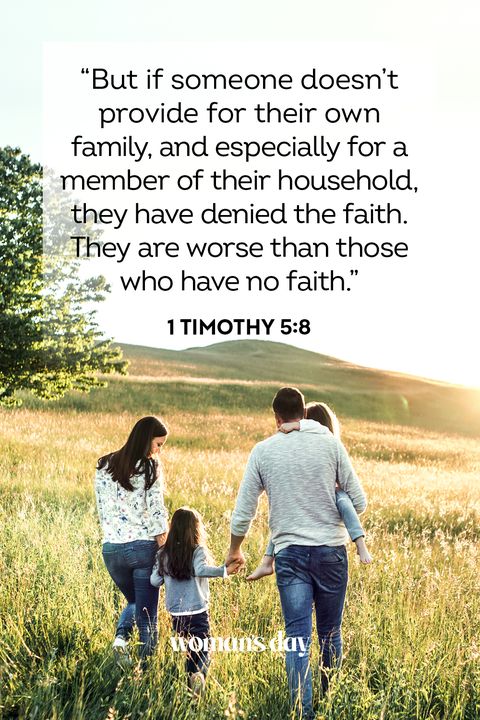Navigating Family and Relationships: A Christian Perspective on Love, Conflict, and Forgiveness
In today’s fast-paced and often fragmented society, the nature of family and personal relationships has undergone profound changes, raising significant ethical and social issues. As Christians, we find ourselves navigating these complex waters, seeking to align our actions and beliefs with the teachings of Christ. This article delves into the importance of family and relationships from a Christian perspective, highlighting the biblical principles that inform our understanding and approaches to these foundational aspects of life.
The Biblical Foundation for Family and Relationships
Throughout the Bible, we find numerous references to the importance of family and the virtues necessary to maintain healthy relationships. Ephesians 4:2-3 encourages us with words of patience, humility, and eagerness to maintain unity through the bond of peace, setting a tone for how we should navigate our personal connections. Similarly, 1 Corinthians 13:4-7 famously defines love, the cornerstone of any relationship, as patient, kind, and free of envy or pride.

These Scriptures not only provide guidance but also challenge us to live out our commitments to one another in reflection of God’s love for us. It’s within the framework of these teachings that we can begin to address the complexities of modern relationships.
Truth and Grace in Family Life
One of the complexities in maintaining healthy Christian family and personal relationships is balancing truth with grace. Conflict is an inevitable part of any relationship, and how we manage conflict can either strengthen or weaken bonds. Proverbs 15:1 teaches, “A gentle answer turns away wrath, but a harsh word stirs up anger.” This encapsulates the balance of addressing issues honestly but with kindness.
Forgiveness and Reconciliation
A critical aspect in navigating relational dynamics from a Christian perspective is forgiveness. Christ’s call to forgive, as highlighted in Matthew 18:21-22, where Peter is told to forgive not seven times, but seventy times seven, underscores the emphasis placed on forgiveness in Christian ethics. This teaching is not just about maintaining peace but about reflecting the boundless grace we’ve received from God.

In my journey, forgiving a deep personal betrayal became a pivotal moment of spiritual growth. It was a profound reminder of the redemptive power of grace and the peace that comes with genuine forgiveness, underscoring the transformative potential of Christ’s teachings on a very personal level.
Engagement and Advocacy in Social Challenges
The Christian mandate extends beyond personal relationships to address wider societal issues affecting families and communities, such as poverty, injustice, and addiction. Reflecting on previous discussions on overcoming addiction through grace, and the essential role of community and fellowship, it becomes clear that Christian engagement is vital in providing support and hope to those in need.

Through a lens of compassion and service, Christians are called to be agents of change, embodying the love and justice of Christ in every interaction. Whether through volunteering, advocacy, or simply being present for someone struggling, our actions can illuminate the path to healing and redemption.
Practical Steps for Christian Engagement
- Active Listening: Embody Christ’s empathy by genuinely listening to the concerns and needs of family members and those in your community.
- Service: Engage in acts of service that support family and community well-being, reflecting Jesus’ call to serve others.
- Prayer and Scripture: Ground your actions in prayer and Scripture, seeking guidance and strength from God’s Word.
- Advocacy: Advocate for policies and practices that protect and uplift the vulnerable, promoting justice and equity.
Conclusion
In navigating the complexities of family and relationships, the Christian ethical framework offers a beacon of hope and direction. By grounding our actions in the love, forgiveness, and grace taught by Jesus, we can foster healthier, more fulfilling relationships that reflect the divine love at the heart of our faith. I invite you to reflect on your relationships and consider how you might embody these Christian principles in your daily life, contributing to positive change in your family and community.
Let us embrace this journey with open hearts, ready to support, forgive, and love as Christ has shown us. Together, we can navigate the challenges and blessings of family and relationships, drawing ever closer to the heart of God.
Focus Keyphrase: Christian perspective on family and relationships



